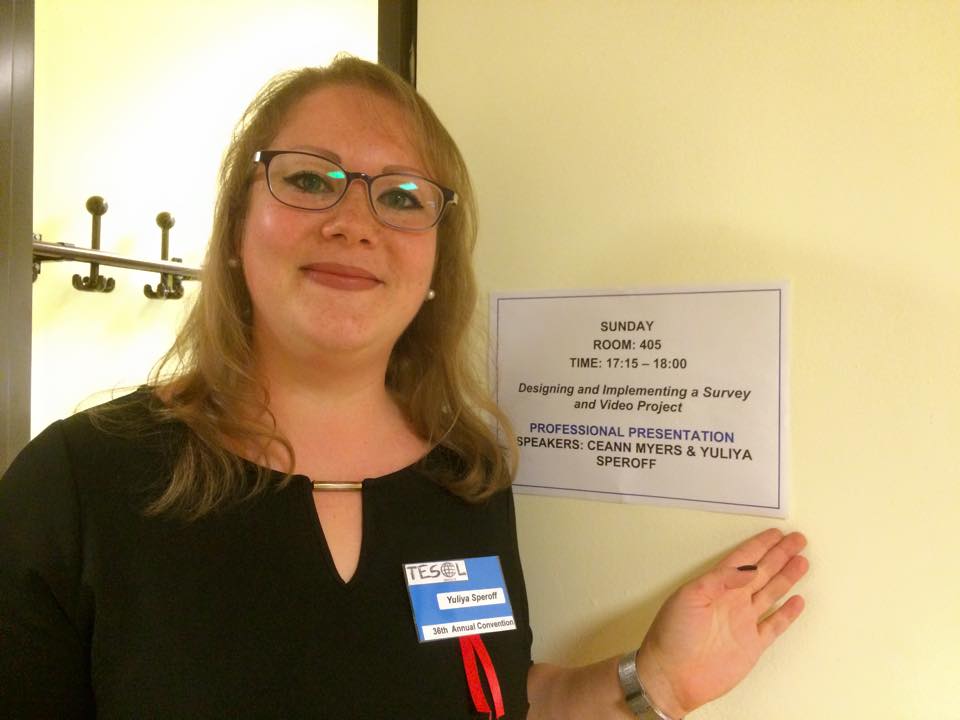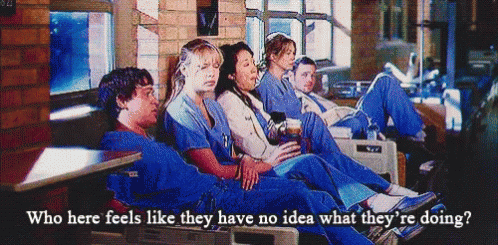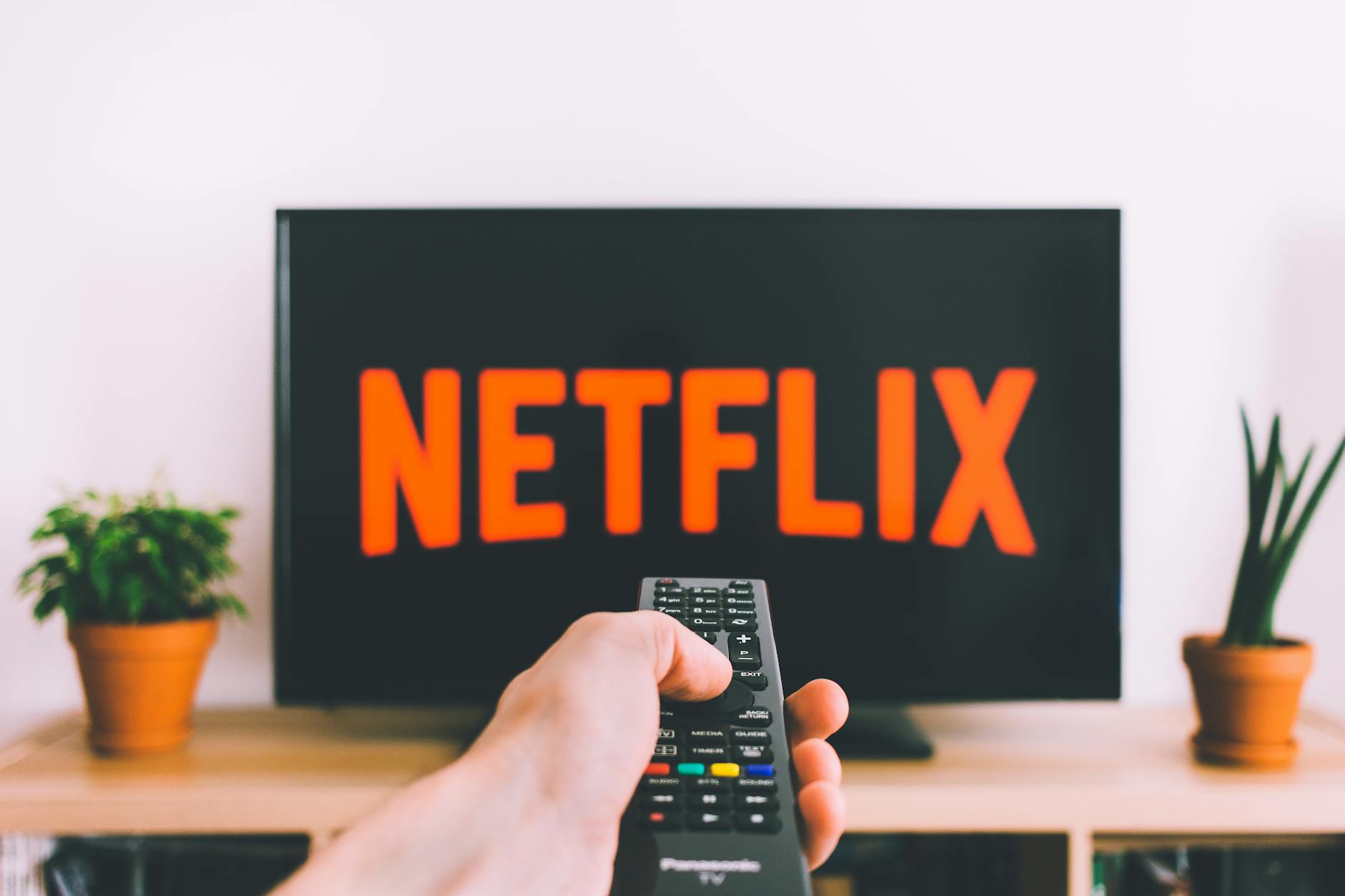This is a blog post where I finally get to talk about how great Grey’s Anatomy is and nobody can stop me! On the serious side, this blog post will describe a possibly unconventional resource for medical interpreters which can be used to add to their medical glossaries and contribute to their overall knowledge of medicine and healthcare: medical TV shows. You can find a list of more conventional resources in my blog post here.

About 5 years ago, when I was living in Novosibirsk, Russia, I got to interpret at a lecture on totally thoracoscopic radiofrequency ablation of atrial fibrillation. The lecture was given at one of the leading medical institutions in Russia by a visiting professor. It was decided that I would interpret consecutively by standing next to the professor and speaking into my own microphone. As far as arrangements for preparations went, it couldn’t have been more perfect – I was given the lecture presentation slides in advance and allowed to meet with a cardio surgeon from the institute so that I could go over the terminology that I had questions about and run some translation choices by him. The lecture itself went smoothly and afterwards, when the visiting professor thanked me for my help, he asked me if I’d had any medical training. I told him about my extensive preparations but also said I learned a lot from watching Grey’s Anatomy. The professor started laughing – and then he abruptly stopped when he saw that I wasn’t joking. I’m not sure what he made of that but I stand by my opinion: watching medical TV shows can be a valuable tool for medical interpreters.
Why Watch Medical TV Shows?
Let me start with some theory (unless you hate theory – in which case just scroll down to the list of TV shows).
As a language teacher, I read a lot about second language acquisition in the course of my training and was lucky enough to present at a conference where the keynote speaker was Stephen Krashen. Krashen is a prominent linguist who developed a group of hypotheses on how second languages are learned. He believes that comprehensible input is the main facilitator of second language acquisition. While his various hypotheses have been widely discussed, celebrated, disputed, and added to, what stuck with me the most was the story he told us in his keynote speech.



Krashen told us that he was struggling with his reading when he was a young boy. When his father asked him how he could help, young Stephen asked his father to buy him a stack of comic books, with the result being improved reading comprehension. In this story, Krashen places a lot of emphasis on two success factors: the fact that input was comprehensible (that is, not unreachable beyond his level) and enjoyable. He went on to say that reading in general helps improve both your second language skills and your mental agility – whether you’re reading high-brow literature, academic articles, gossip magazines or trashy novels. This resonated with me because I`m an avid reader and I have been known to read an occasional gossip mag or decidedly un-literary chick flicks and I felt like I was finally justified in my reading choices – it was all good for me! So when my students of English asked me if they should be reading Charles Dickens in order to improve their English, I told them definitely not – unless that’s your cup of tea. Feel free to enjoy (an adapted and level-appropriate) retelling of Titanic or your favorite celebrity’s Twitter posts. I encourage my students to watch English-language movies and TV shows with subtitles and not worry about the ‘trashiness factor’, firmly agreeing with Krashen that pleasure from reading or watching makes it more likely that a learner will not only benefit from the reading or watching, but is also more likely to stick with it.
And if reading books and watching TV shows is good enough for second language acquisition, surely it’s also suitable for improving medical interpreter vocabulary and interpreting skills? Yes, most medical TV shows have outlandish plot stories and (I`m looking at your Dr. House!) even more outlandish diseases and unrealistic portrayals of the inner workings of the US healthcare system. However, medical shows do sometimes base their plots on real-life medical cases. In fact, Grey’s Anatomy even used a case from Vanderbilt University Medical Center – incidentally, this is where I received my medical interpreter training. More examples here and here – but be warned that there are some graphic images!
Moreover, the ABC Grey’s Anatomy website even has a section titled Medical Case Files where various conditions, diseases, and situations portrayed in the show are explained, complete with a link to an appropriate page from a reputable source such as the CDC or NIH. The case files cover a wide range of topics – from labor and delivery and why Meredith needed a c-section to organ donation and moyamoya disease. If that isn’t reason enough to watch Grey’s Anatomy, can I interest you in some quality relationship drama and excellent music?
Before I start listing shows, I feel obligated to add a warning. While TV shows can be a valuable source for medical vocabulary and skills practice, we have to remember that the shows are fictional and therefore not all portrayals of healthcare encounters and hospital going-ons are realistic. In fact, some medical situations are rather improbable and the facts are stretched to suit the dramatic events. Therefore, take everything you see with a grain of salt and always verify information through a reputable source.


And speaking of fact-checking medical shows, I just stumbled on a great series of YouTube videos in which a real-life medical doctor watches some popular medical TV shows and reacts to them. He mostly says how realistic any given situation is and provides some explanations on medical things happening on screen. Check it out here.
How to Watch Medical TV shows
Below is a list of some medical TV shows I have watched and enjoyed. The list is by no means exhaustive and I welcome comments and suggestions on what should be added to the list.
In order to derive maximum benefit from a medical show, I would recommend the following:
- Watch with subtitles on and take notes (pause the show) on medical vocabulary but also any other expressions or idioms you come across that you are entirely sure you can render into another language.
- Practice consecutive interpreting and note-taking during scenes where medical providers interact with patients.
- Read more about the diseases and treatments mentioned in the shows.
- While watching, practice shadowing the characters to improve your simultaneous interpreting skills and also to get used to saying complex medical words (try saying esophagogastroduodenoscopy on your first try! and then read this list of long medical words just for fun).
Which Medical TV shows?
1. Grey’s Anatomy
Based in Seattle (where I am lucky enough to be living), this show follows a group of surgical interns on their journey to becoming real surgeons. Since the show is based in a teaching hospital, you can often learn a lot along with the interns and residents when they present the cases to the more senior residents or attending surgeons or get educated by the latter.
2. Lennox Hill
This documentary/reality TV show focuses the lives of four doctors – two brain surgeons, an emergency room physician, and a Chief Resident OBGYN – as they navigate the highs and lows of working at the renowned Lenox Hill Hospital in New York City.
3. Diagnosis
In this documentary TV series, Dr. Lisa Sanders crowdsources diagnoses for mysterious and rare medical conditions in this documentary series based on her New York Times Magazine column.
4. The Night Shift
The show is based in San Antonio and follows a group of doctors, some of whom returned from the army, covering the grueling night shift in a busy hospital.
5. Nurse Jackie
This show centers on the life and work of a nurse in an emergency room in a fictional New York hospital and also portrays prescription drug addiction.
6. The Resident
The show shows what happens when a young idealistic doctor encounters the darker side of the medicine.
7. Saving Hope
Saving Hope is a Canadian TV show about medicine with a touch of the supernatural. If you are not easily put off by the ghost of a surgeon, this show is for you!
8. Emily Owens M.D.
Emily Ownes realizes that being a new intern in a large hospital is not that much different from being in high school.
9. Scrubs
This is by far the most light-hearted medical TV show on the list. It centers on JD and his journey from an intern to a doctor.
10. The Good Doctor
The Good Doctor is about a resident with autism navigating the complex world of the surgical unit in a prestigious hospital.
11. Code Black
Code Black is about a hectic ER in an LA hospital.
12. Red Band Society
This show is about a group of pedicatric patients living in a hospital and learning to cope with their diseases and the world around them.
13. New Amsterdam
This show centers on a hospital director who breaks the rules to heal the system in the oldest public hospital.
14. Chicago Med
This medical drama follows the doctors and nurses of a Chicago trauma center.
15. Transplant
An ER doctor, who fled his native Syria to come to Canada, must overcome numerous obstacles to resume a career in the high stakes world of emergency medicine.
What else can I do to learn more about medical topics as a medical interpreter?
- For a collection of resources for medical interpreters, click here.
- For a list of podcasts related to medicine in English, see here.
- For recommendations for Russian-language podcasts and medical books click here and here.
- For recommendations of books for medical interpreters, click here.
- For a list of blogs, podcasts and YouTube channels for interpreters, click here.
More about the author: About Yuliya Speroff
Interested in my interpreter training services and would like to collaborate? Read more about the workshops I am able to offer in Interpreter Training
Want to get in touch? Contact me

Leave a Reply